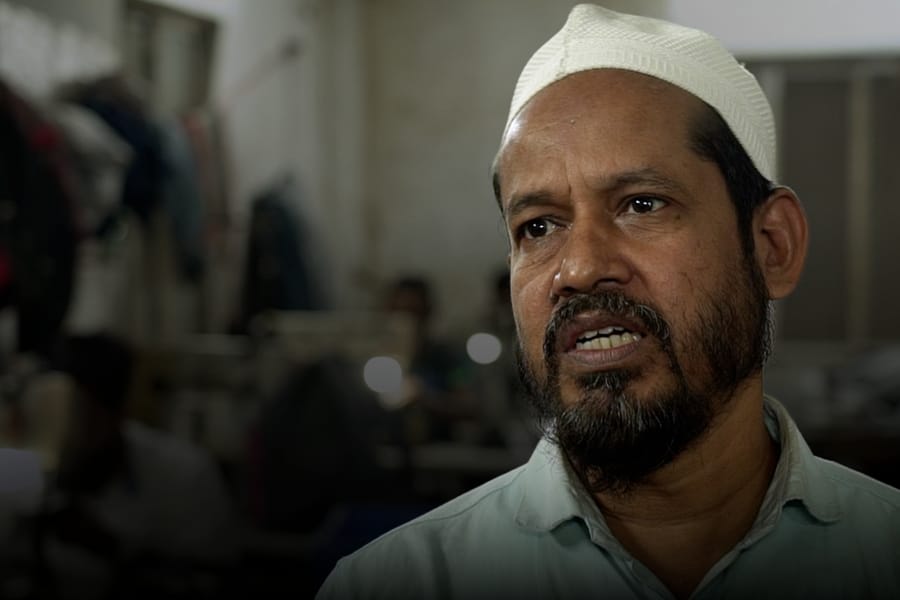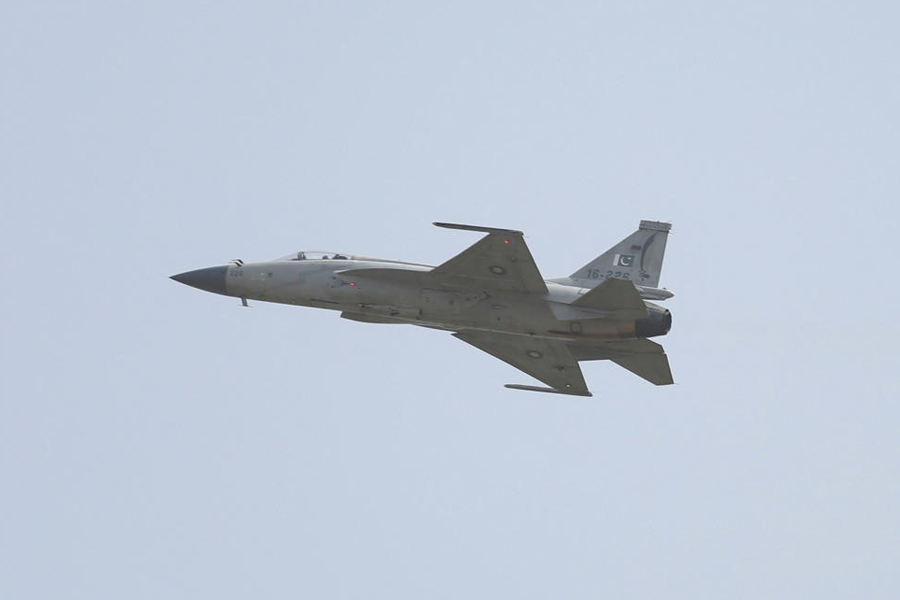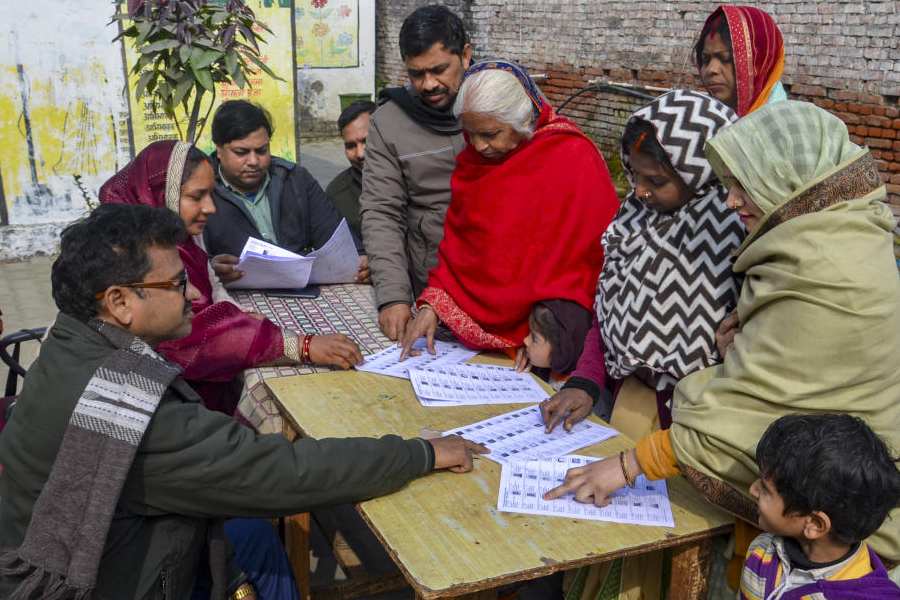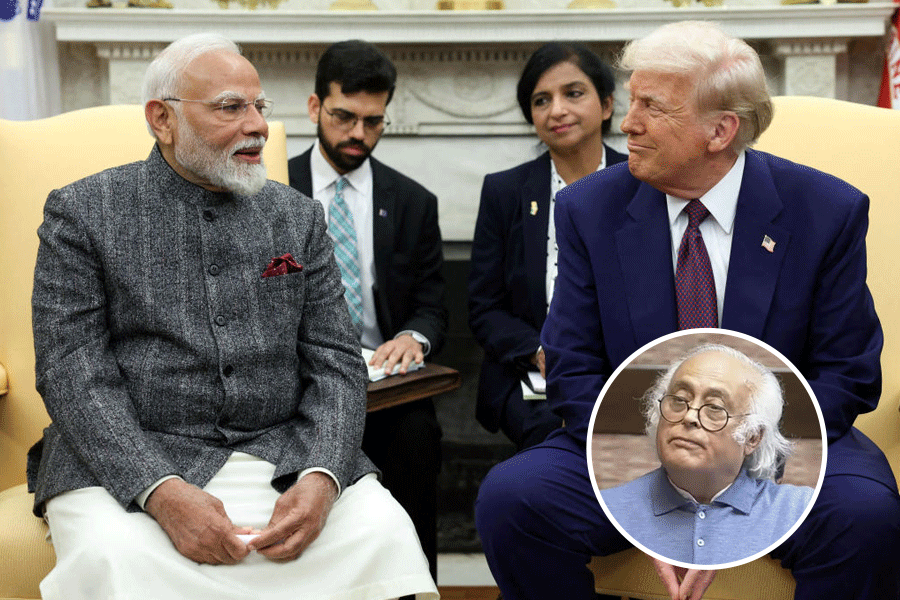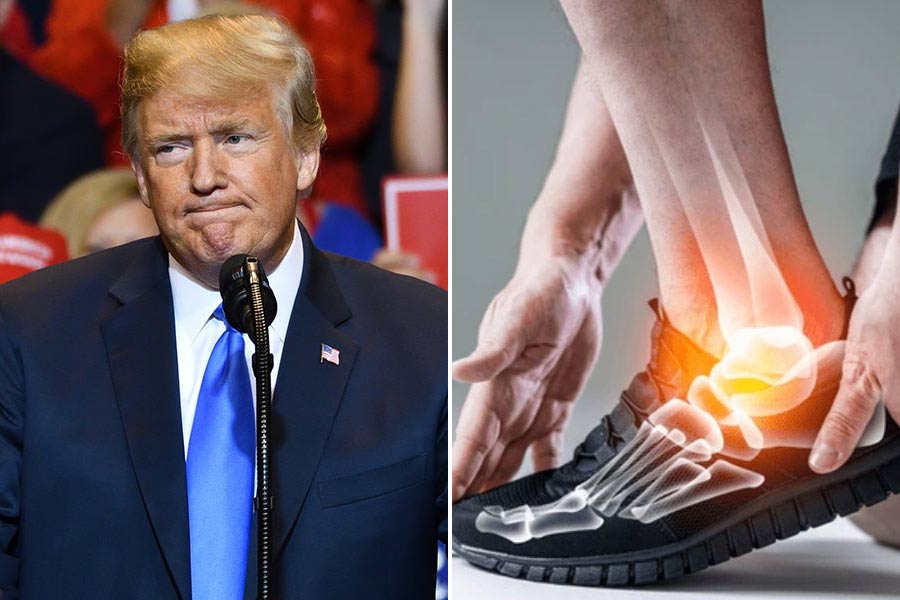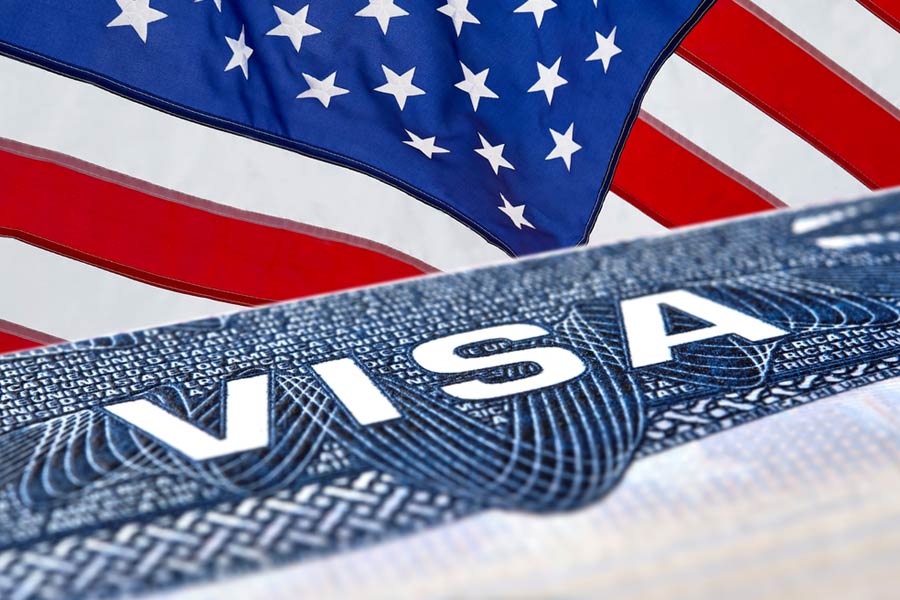With the passing away of Nandeswar Talukdar, the curtains have come down on one of the most glorious chapters of the communist movement in the entire Northeast. Talukdar’s was a life dedicated completely to the welfare of the poor and the downtrodden and an example of selfless devotion to a cause he held so dear.
Talukdar was born in a nondescript village, Maripur, in east Bajali in Barpeta district on December 26 in 1921. His early education was completed at Nityananda — near Maripur — and Sadiya in Upper Assam and later in Dhubri. He passed the matric examination from Cotton Collegiate School in Guwahati.
His first brush with Leftist ideology came in 1938, while studying at Dhubri, when he became the member of the All India Students’ Federation. Later, when he joined the Cotton Collegiate School, he set up a library and study circle called Progressive Union, which was the first step towards building the communist movement in Assam.
In 1941, while he was studying in Cotton College, the dark clouds of World War II had gathered over the globe. A powerful movement against the war was building up in the state too, which manifested in an anti-war procession at Guwahati.
British police swooped down on the peace-marchers and the lathicharge left Nandeswar Talukdar and few others grievously injured. A massive rally was organised in protest against the police brutality at Judges Field. The incident left a deep impact on the entire state and inspired the freedom movement in Assam.
In 1942, Talukdar, along with a few others, formed the communist group in Assam through the Progressive Union. The next year, the Communist Party was formed in the Brahmaputra Valley by holding the first conference at Golaghat town, which was attended by Talukdar.
While he was an ISc second year student, the party decided to send him to undivided Goalpara district to strengthen the organisation there. Accordingly, Talukdar left Guwahati and started working from Dhubri and was instrumental in organising the peasants’ struggle against landlords in undivided Goalpara. As a result, his popularity soared among the tribal and Hashong peasants of both Goalpara and Garo Hills (now in Meghalaya) districts for his untiring and unrelenting struggle to hand over land to the tillers.
The historical Kothari movement was also spearheaded by Talukdar and his comrades.
In 1946, the British government arrested him on the charge of fanning anti-British movements and threw him in Tura jail without trial. He was released after eight months but expelled from both districts.
After Independence, he dedicated himself towards putting together the communist movement and especially the peasants’ organisation. He was actively involved in the famous Beltola Kishan movement in Guwahati during 1947-51. While the movement was at its peak, Talukdar was arrested in 1949 in Guwahati and was imprisoned in Tihar jail till 1951. A case was registered in the Supreme Court. The court, however, ordered his release.
Talukdar was later elected to the state committee of the Communist Party and served as its secretary in the undivided Kamrup district committee for a long time.
In 1955-56, he was elected to the Guwahati Municipality as the first communist ward commissioner.
In 1964, when the CPI split, Talukdar played a major role in forming the CPM in Assam. He also essayed a significant part in forming and expanding the base of the party in Assam.
He was arrested several times — on charges of organising movements for railway workers, state government employees Assam college teachers and so on — between 1974 and 1975. During Emergency in 1975-77, he was jailed for 19 months.
Talukdar was elected as secretary of the Assam state committee of the CPM in 1982. Till 1995, he served the party as state secretary. He also served as the editor of weekly Ganashakti after the death of Achinta Bhattacharyya.
In 1985, on the invitation of the Communist Party of China, he visited Beijing with a five-member CPM delegation. He was a member of the Imdad Hussain Commission on jail reforms and also served as a member of the National Integration Council, Assam branch.


